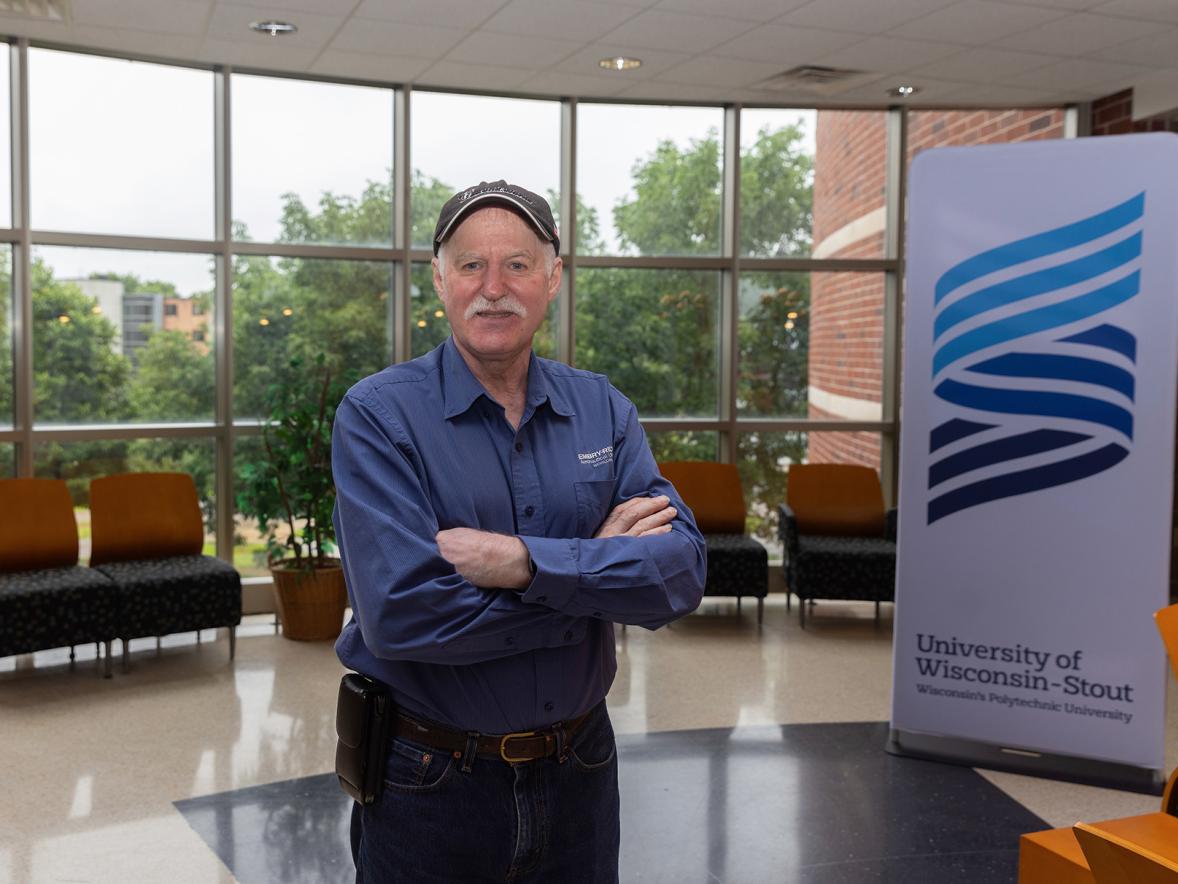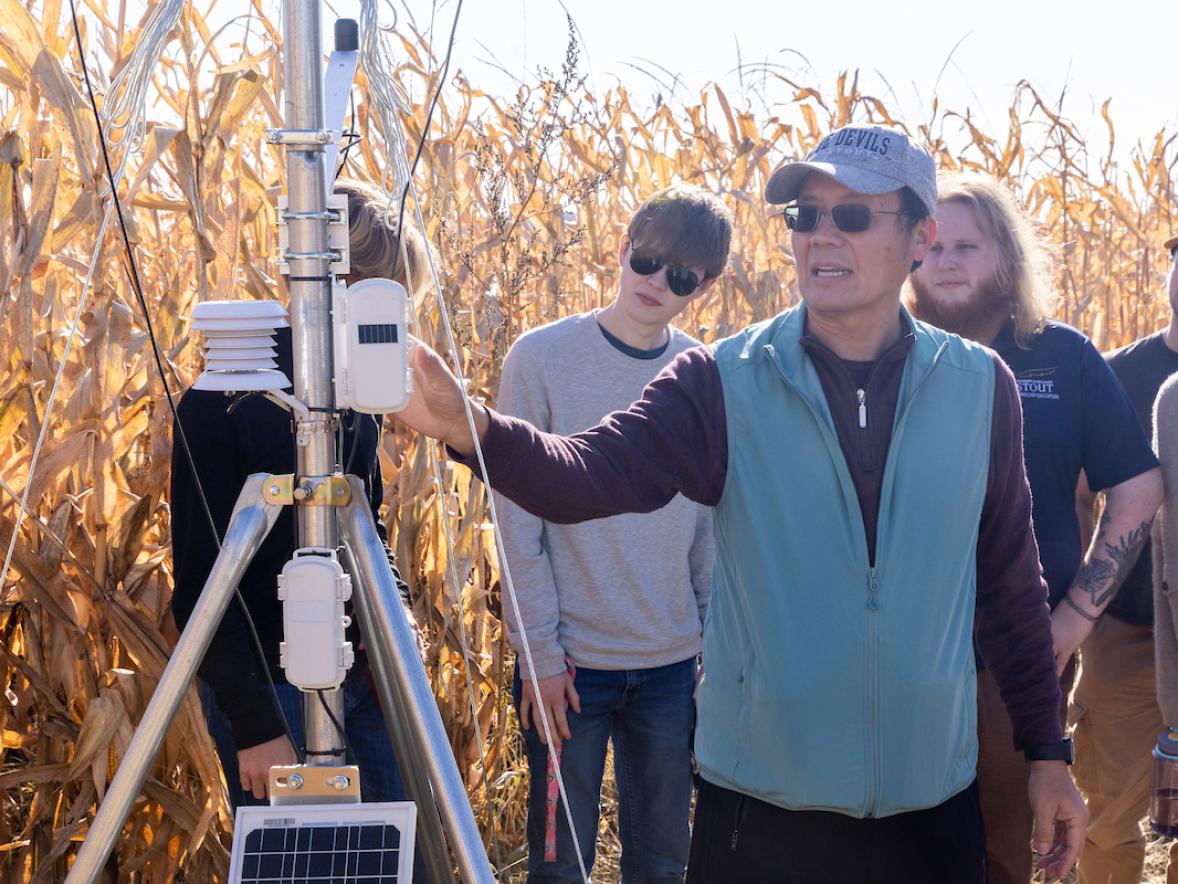A groundbreaking program at UW-Stout that helps former foster care youth has been awarded state funding.
Fostering Success recently was approved to receive $70,000 this fiscal year, a major boost for a program that has relied largely on donations and community grants to support students who have been in foster care or were orphaned or homeless.
The program has tripled in size, from 15 to 45 students, since 2018. Thus, the timing of the state aid couldn’t be better, said Angie Ruppe, director of TRIO Student Support Services and Fostering Success.
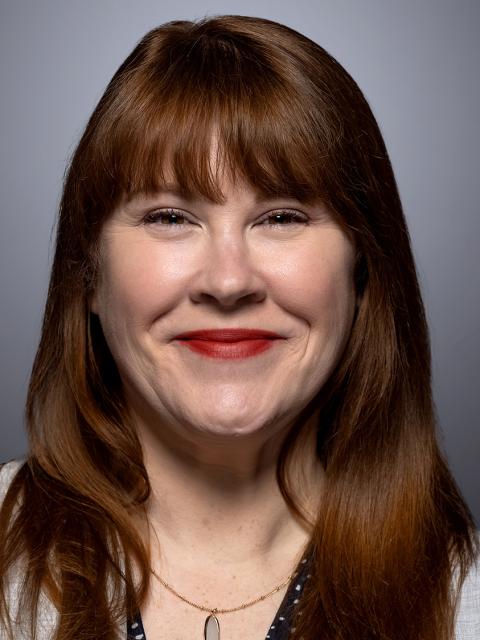
“We received the maximum award possible, which is exciting,” Ruppe said. “This funding was imperative to grow the program; we were restricted in growth until we received some dedicated funding.”
The 2021-23 state budget included a new $750,000 allocation for UW System schools with similar programs, $250,000 the first year and $500,000 the second year.
Universities then applied for the funding, with a maximum $20,000 available the first year and $50,000 the second year. With the timing of the awards, both amounts will be awarded at once.
Even better news is that UW-Stout will be eligible for the $50,000 annually, providing it meets performance outcomes and metrics, allowing the program to plan for growth and improvements.
The UW-Stout program, which began in 2013, was the first in the UW System.
Fostering Success students at UW-Stout helped push for the increased funding, including meeting with Gov. Tony Evers when he visited campus early in 2020.
“We owe a big thank you to our Fostering Success students for this funding. It is a result, in part, of the years of work in advocacy and education by them,” Ruppe said.
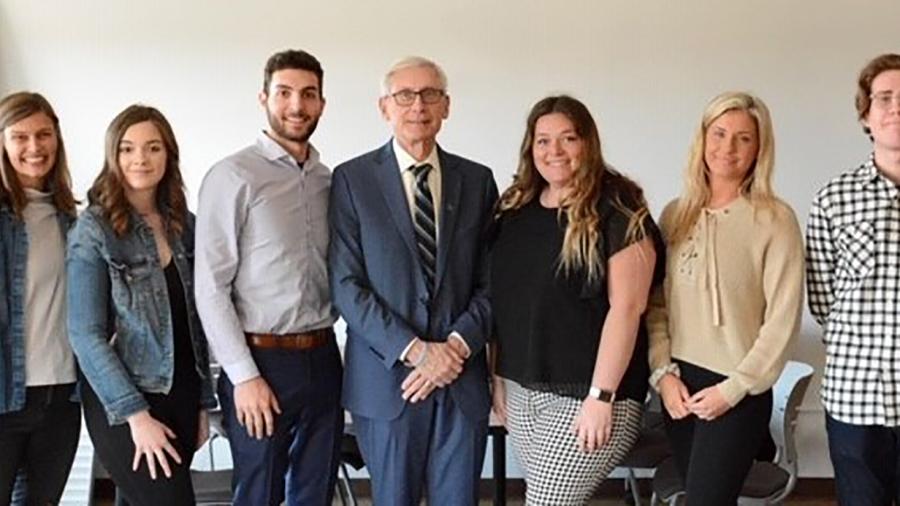
“They put forth the effort to ensure the sustainability and growth of this program because they experienced the positive impact. Students served as professional conference presenters and panelists, participated in state organizations such as Wisconsin’s Youth Advisory Council and shared their personal experiences with state leadership and decision-makers about the barriers to college access,” she added.
Funding will help support students
The new funding will help with efforts to reach more students. Although the program has continued to grow, Ruppe knows that additional students at UW-Stout are eligible for support but may not be aware of Fostering Success.
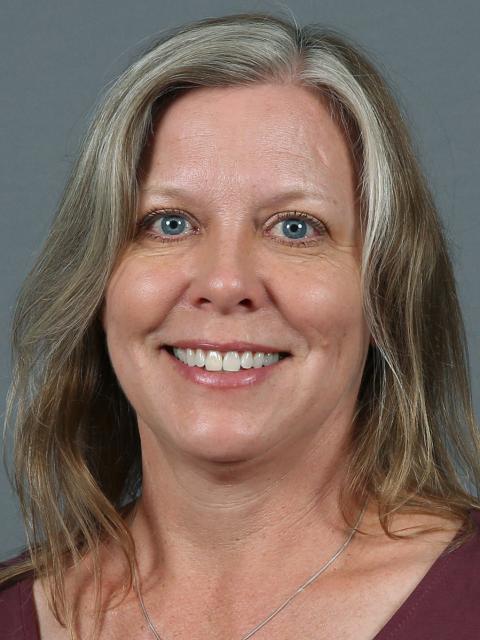
“In the state of Wisconsin – even with an estimated family contribution of zero dollars, Pell grant and max student loans – foster youth have an unmet financial need, and many of our students are working full time while carrying a full credit load,” Ruppe said.
With state funding, Fostering Success can allocate private donations entirely for student support, including scholarships, emergency aid and help with their personal needs. Donations to the program can be made through the Fostering Success Program Endowment Fund.
The state support will help provide a dedicated Fostering Success coach, Gail Mentzel, who has been working with students since 2015. She also will be a quarter-time technical consultant for the UW System, supporting campuses that want to start or grow their programs.
National research shows that only 1% to 3% of former foster youth complete any type of secondary degree and that 40% to 50% of youth become homeless 18 months after aging out of care. When supported, former foster youth complete their college degrees at a similar rate as their nonfoster-care peers, an average of 72%, Ruppe said.
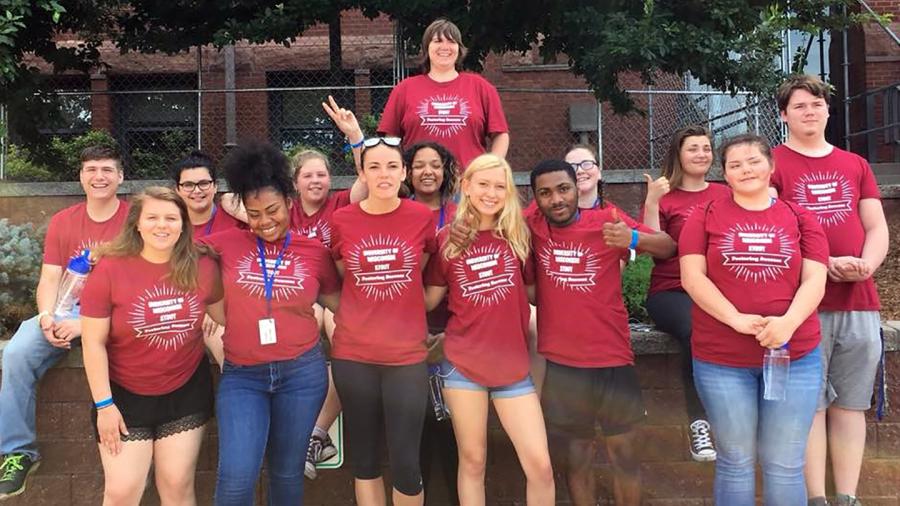
Olivia Johnston, one of the students who helped promote the need for increased funding, credited Fostering Success for helping her earn her diploma in May 2021. “I was fortunate enough to have a program as great as this one come into my life without even knowing I needed it. I can confidently say this has made my school experience the best it could have possibly been,” she said.
The program supports foster youth in a variety of ways, including the Fostering Success Closet that provides students with food and household items, clothing, hygiene items and school supplies; and family-style dinners twice a month. “It’s a chance to be with their peers,” Ruppe said of the dinners.
Fostering Success also offers an annual summer camp for ages 13 to 17 to help them explore higher education options.
In 2020, Fostering Success received a Regents’ Diversity Award from the UW System Board of Regents.
###





